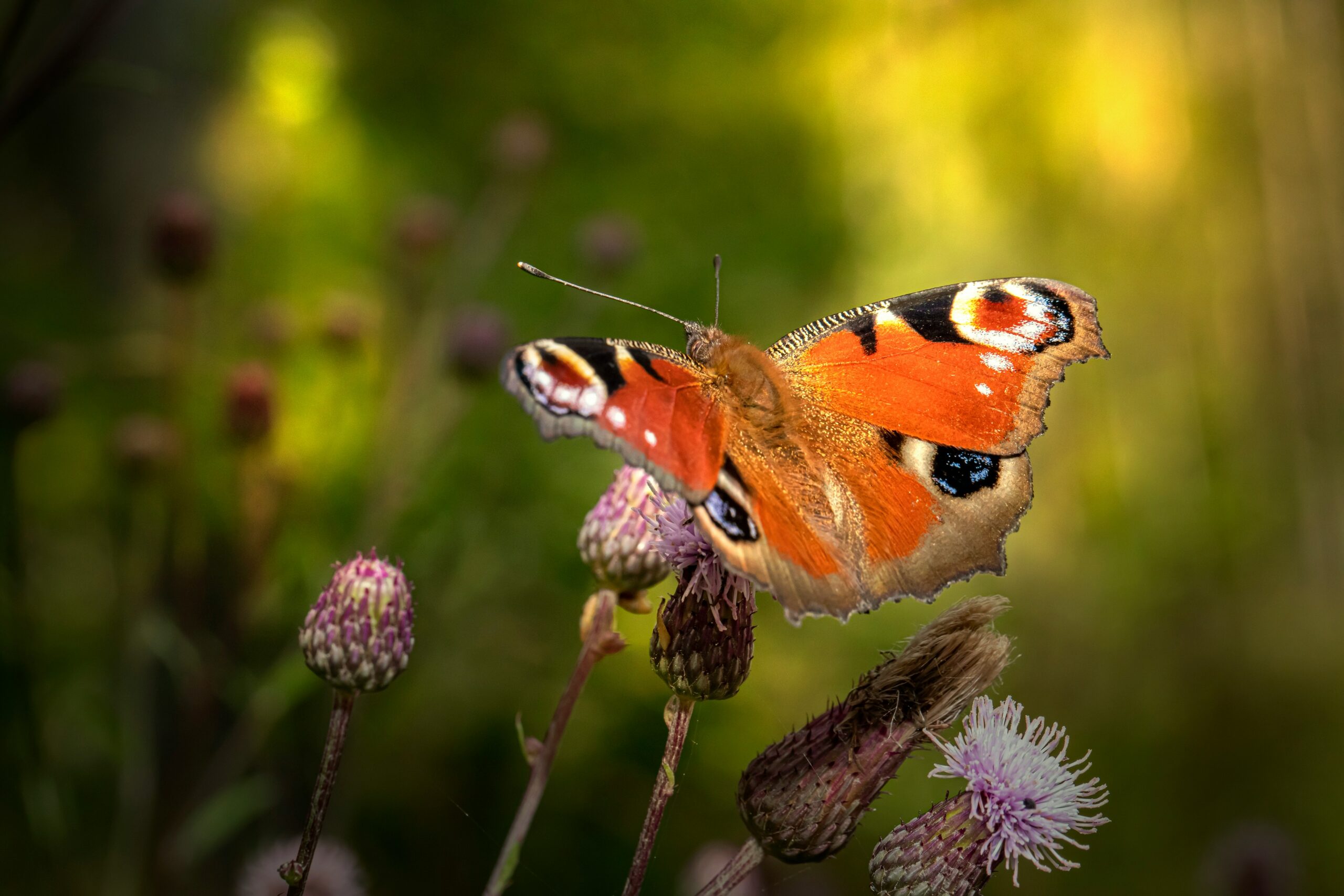
Policy Update
Vermont Becomes Second State to Enact Sweeping Pollinator Protections
June 20, 2024
On June 17, Vermont became the second state in the nation to ban neonicotinoid pesticides. A supermajority vote of the Vermont House and Senate overrode the Governor’s veto to enact H 706. Vermont’s landmark, pollinator-protecting legislation places it on par with New York, the first state to ban the main agricultural uses of neonicotinoids last December.
- Why it Matters: Neonicotinoids are primarily used for agricultural purposes. However, studies have shown that neonicotinoid-treated seeds provide little to no overall net benefit for soybean and corn production. In general, neonicotinoids are a leading contributor to pollinator population decline. These pesticides are linked to numerous adverse health impacts for people such as developmental malformations, memory loss, and finger tremors.
Key Components of the Bill
- Bans the agricultural use of neonicotinoids for seeds of soybeans or any crop in the cereal grains group, the outdoor application to any crop during bloom, and the outdoor application to leafy and petiole (such as celery or rhubarb) vegetable crop groups harvested after bloom.
- Bans the outdoor application of neonicotinoids on ornamental plants.
- Allows for limited neonicotinoid use under an emergency pest threat exemption when certain criteria are met.
- Bans certain neonicotinoids that were classified as restricted-use pesticides under H 205 (2020).
- The bill is contingent on New York’s legislation going into effect. Pending action in New York, Vermont’s ban for ornamental plants would begin in 2025 and the agricultural use base would begin in 2029.
Other State Action
Washington became the 11th state legislature to ban the residential use of neonicotinoids this session with SB 5972. Other states such as Connecticut, Hawaii, and Illinois introduced legislation this session to restrict neonicotinoid use.